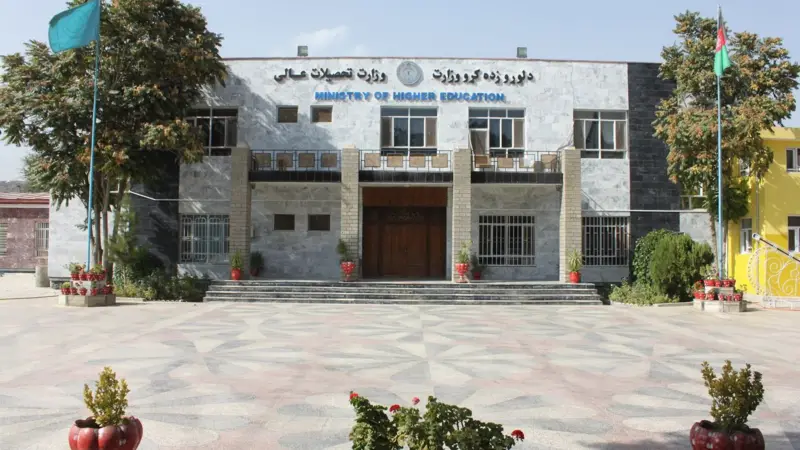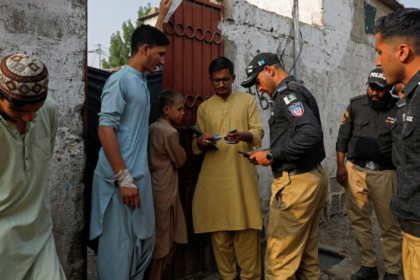RASC News Agency: Authoritative sources have disclosed that the Taliban have recently dismissed at least sixteen university professors from Islamic faculties across five provinces Ghazni, Bamyan, Logar, Panjshir, and Paktika due to their opposition to the regime’s rigid ideological doctrine. The purge, part of what the Taliban purport to be a broad educational “reform,” is widely viewed as a calculated assault on academic freedom and institutional autonomy in Afghanistan. While Taliban officials have attempted to frame the dismissals as part of efforts to “streamline and clarify educational processes,” insiders familiar with the matter assert that the underlying motivation lies in the professors’ refusal to align with the group’s extremist interpretation of Islam. These academics had voiced concerns about the Taliban’s controversial revisions to educational policy criticisms that ultimately led to their removal.
Meftahuddin Azam, Director of Faculty Appointments and Promotions at the Taliban-controlled Ministry of Higher Education, stated that the professors were simply reassigned to administrative roles. However, analysts argue this is a thinly veiled attempt to silence critical voices within academia while exerting deeper control over curriculum content and institutional governance. Observers warn that these dismissals are not isolated incidents but rather indicative of a broader Taliban campaign to transform Afghanistan’s universities into tools of ideological indoctrination. The removal of respected scholars from Islamic faculties long considered bastions of theological scholarship and debate signals the regime’s determination to monopolize religious discourse and eradicate interpretive pluralism.
“This is not reform it is intellectual erasure,” said a former professor, speaking anonymously for fear of retribution. “The Taliban are not improving education; they are systematically dismantling it, brick by brick, and replacing it with propaganda.” The move has sparked widespread alarm among educators, students, and international observers alike. Many fear that this trend will not only degrade academic standards but also eliminate the space for critical inquiry and dissent fundamental pillars of any functioning education system. Human rights advocates have also condemned the Taliban’s actions, framing them as part of a broader authoritarian strategy to eliminate independent thought and enforce ideological uniformity. They warn that the long-term consequences of such policies could be devastating: a generation of Afghanistani youth denied the tools of intellectual freedom and critical reasoning, confined instead to an echo chamber of state-imposed dogma.
As the international community grapples with the question of engagement with the Taliban regime, this latest purge offers a stark and urgent reminder: silence in the face of repression is complicity. With every dismissal, Afghanistan’s educational institutions are being hollowed out driven not by a desire for academic excellence, but by the regime’s unrelenting pursuit of ideological domination.






